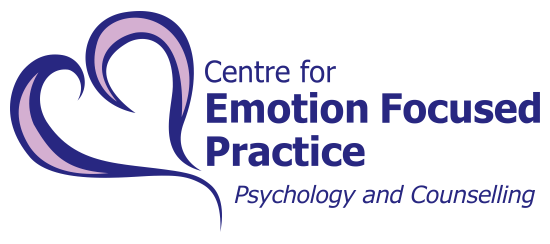Anxiety in Pregnancy
Aspects of anxiety on pregnant and postnatal women, as well as new fathers
Having a baby is like a dream come true for many parents, and becoming a mother or father is an event to celebrate. This is not always an easy job; from the early stages of pregnancy, mothers start to worry and confront with many thoughts and questions. Is there something wrong with my baby? Am I going to be a fit parent?
All these feelings of fear and insecurity, which rush into the mother’s life and seem to flood it, are defined as “anxiety”. Just about everyone experiences mild or moderate anxiety, and sometimes it can be efficient, because it helps us to avoid dangerous situations and motivates us to accomplish different things. A person may feel anxious without having an anxiety disorder; in the anxiety disorders, the experience or feelings are more intense and last longer.
Facing these new experiences: giving birth to a child, starting a new life, playing a different role, the new mother may develop an anxious state. This is what a new mother confronting with anxiety during pregnancy or postpartum might experience:
-
a relatively constant state of tension, worry and uneasiness;
-
oversensitivity in interpersonal relationships;
-
difficulty concentrating and making decisions;
-
sleep disturbances and loss of appetite;
-
nervous movements, inability to sit still;
-
physical symptoms: dizziness, coldness and pallor of the face and extremities, gastric sensations.
Chances are that, the anxiety symptom present during pregnancy, will continue during the postpartum period. The postpartum period appears to be a time of increased vulnerability to anxiety and mood disorders. Some women are more exposed to developing an anxiety disorder, and the risk factors include a personal or family history of anxiety, previous perinatal anxiety or hormonal imbalance.
The new mother can’t enjoy the baby because she is always worried. Is my child sick? What if I am not careful and I drop the baby? What if the baby stopped breathing? She is constantly checking on him and not letting anyone else look after him. This way, she is getting more and more exhausted but can’t stop worrying.
Anxiety can harm the relationship between the mother and her newborn as well as with her partner. The new mother has to be well prepared and informed about all of these changes that may occur before and after pregnancy. She has to know that she is not alone, and all of these changes will pass, and they will pass easier with friends and family by her side.
It is important for the father to support and protect the mother in her new role, but for this, he should have the mental and emotional resources to form that secure and nourishing relationship with his new family. But sometimes, the rapidly changing events in his life, catch the new father unprepared, making him anxious about the depth of the demands he will have to face. A father’s postnatal anxiety may exacerbate the effects on the mother’s anxiety, and this has an immediate impact over their child’s development. The new father’s fears are about being unable to provide sustenance to his new family, losing his spouse love and attention, or being unable to become a role model for his child.
What parents should know is that they have a few instruments they can use to overcome this burden called anxiety.
The first step is, asking for help. Talking to the partner or family and friends about the feelings experienced can give the anxious parent a new perspective on the situation and can help her/him to remove all the dark thoughts. Loneliness can affect one’s state of mind, and this is the reason why, the new parent should be surrounded by friends and family and get support from the partner.
There is no shame in being scared or worried; the young parents have to understand that they are not alone in feeling the way they do. If the situation gets out of control and may disturb the wellbeing of the relationship, the young parents should get counseling and attend to support groups with other parents. Here, they can share their thoughts and feelings with people who have already experienced the changes brought by the birth of a child, and have the opportunity to be helped, feeling more confident and prepared for the new life as a parent.
In this period, especially the new mother, has to take care of herself; she needs to rest, have a healthy food diet, go for walks and take fresh air, and most important, she needs to relax. Because relaxing isn’t the easiest thing to do, the parents should try some relaxation techniques. We may not know it but, the way we breathe is a reflection of our thoughts and emotions; this is why breathing exercises are very efficient techniques, which can help the person adjust their mood.
Being a new parent is not an easy job and sometimes the stress may be overwhelming, but parents should not give in and always keep in mind that they are not alone. The best way to overcome anxiety is to accept help before it becomes a risk of serious clinical disorder.
Anxiety is sometimes like a prison which becomes smaller and smaller, and this is why the new parents should not get themselves trapped; they have to allow themselves to enjoy the life next to their new family.
Specialist for Women’s Mental Health at the Centre
Dr. Sophie Burke is a psychiatrist who is passionate about supporting women’s mental health through the journey of pregnancy & parenthood.
To get an appointment or to make enquiries, please call (03) 9820-5577.
More Resources for Couples
Are you looking for relationship advice or information? Here are some useful articles:





